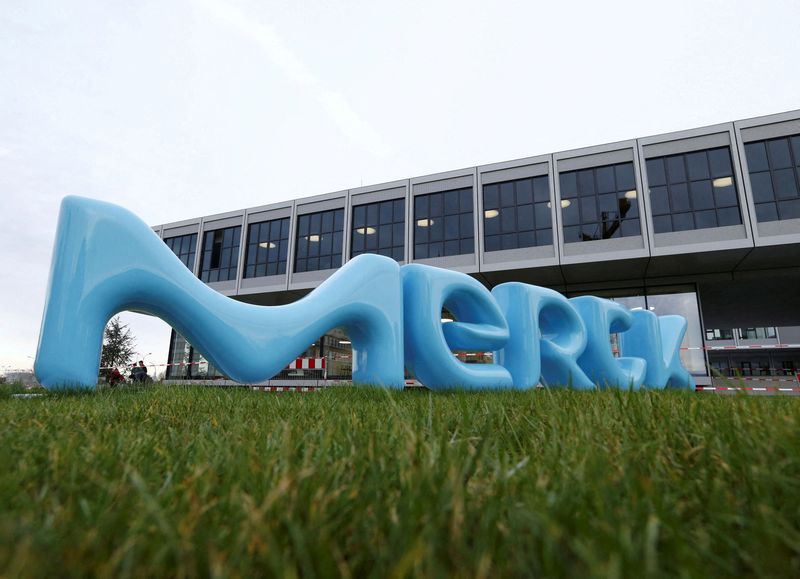Investing.com – At the start of each quarter, Deutsche Bank presents its best investment ideas by sector for the next twelve months. It is time for the healthcare sector to be in the spotlight.
The first member of the healthcare sector that Deutsche Bank looks at fondly is Edwards Lifesciences (NYSE:), which has a Buy rating and a $103 price target.
“Edwards represents one of the most important growth stories within large-cap medtech over the next few years, with a steady flow of key pipeline catalysts over the next few years to keep investors engaged,” Deutsche Bank analysts said in a 2 note July. .
“We are increasingly confident in Edwards’ ability to deliver +LDD [low double digit] revenue growth over the forecast period,” the bank said, “primarily based on improving visibility around the emerging TMTT segment, where multiple innovative therapies with game-changer potential are now in early commercial launch and targeting substantial patient populations with mitral and tricuspid valve disease. where treatment rates are low, despite their lethality, given a lack of therapeutic options.”
Icon (NASDAQ:) is the world’s leading clinical research organization, and Deutsche Bank has a Buy rating, with a $370 price target.
Icon “remains one of our top picks with: 1) organic revenue growth and earnings per share benefit; 2) margin expansion by 40+ basis points; 3) possible repurchase of own shares and lower interest costs; and 4) potential multiple expansion as shares trade below versus the historical premium of 15%,” Deutsche Bank said.
End market fundamentals remain sound, the German bank added, while major biopharma R&D is on track to grow + low SD [single digits] despite front-page news about budget cuts. Fundraising for biotech continues to improve and our sector checks confirm a healthy RFP [request for proposal] activity.
Pharmaceutical giant Merck & Company (NYSE:) also has a Buy rating, with a $140 price target.
Merck’s Keytruda – a humanized antibody used in the treatment of cancer – has proven itself as a backbone for oncology treatment regimens that we believe provide solid growth visibility through fiscal 2028, Deutsche said.
Keytruda’s success also positions the company for Inflation Reduction Act selection in FY 2028, but also drives Medicare volume. Its clinical data also provides an opportunity that can expand with early stage data and combinations.
Moreover, Vaccinations and Animal Health ensure sustainable free cash flows and modest growth. Lifecycle management is on the rise, and a strong Winrevair [a medication used for the treatment of pulmonary arterial hypertension] The launch offers medium-term upside potential.
Repligen (NASDAQ:), a company focused on the development and production of materials used in the manufacture of biological medicines, has been given a new ‘buy’ rating, with a price target of $155.
“We believe Repligen is the best fit for bioprocessing recovery given its 1) high margin expansion and revenue growth opportunities; 2) product and commercial strategy to exceed market growth; 3) deeper leverage from the CEO transition and recent hires; and 4) the recent underperformance with the stock down 41% since its peak in February.”
Tene healthcare (NYSE:) is another company with a Buy rating and a $155 price target.
The profitable healthcare multinational has gone from a volatile, highly leveraged company to a consistent, stable EBITDA grower over the past five years.
While this has not gone entirely unnoticed, as evidenced by Tenet’s 82% loss in the first six months of 2024, compared to a gain of just 16% for the S&P 500, Deutsche Bank notes that the current multiple 7.4x 2025 EBITDA is just 7% above Tenet’s two- and seven-year averages.
“We therefore believe that the market is underestimating the opportunity and not giving Tenet enough credit,” Deutsche Bank concluded.
Finally, healthcare and insurance company Cigna (NYSE:) Group has a Buy rating and a $370 price target.
Cigna raised long-term earnings growth expectations by 100 basis points in March while launching a new program around access to GLP1 medicines [used to treat diabetes and obesity] and the next competing offering in the biosimilar Humira [used to treat rheumatoid arthritis] market.
“We believe Cigma’s investment thesis is justified by the growth of the more profitable commercial market,” Deutsche Bank analysts said. “We believe the company has met the challenges in its core commercial activities with good customer retention and new business.”


